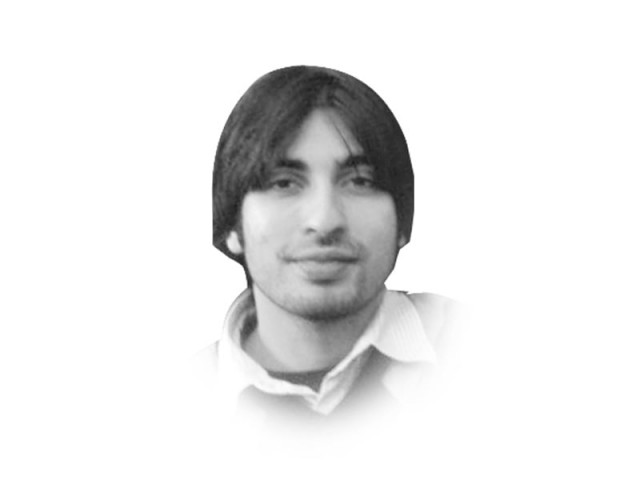Knee-jerk secularism won’t solve our problems
It is Iqtidar’s suggestion that Islamists might be something more than just mindless drones that troubles Siddiqa.

This is also why I found Ayesha Siddiqa’s mention of Huma Iqtidar’s book in her weekly column, “Rationalising jihadi discourse” (August 13), for this newspaper so disconcerting. Siddiqa thinks that the mere effort to understand what motivates people in Islamist movements “may contribute to further radicalisation by presenting the militant narrative as a rationalised discourse”. She insists that all ideological differences between these movements are superficial and argues that their “non-militant acts are mere tools to attract people or hide the real objective, which is to expand globally”. So, not only is it wrong to attribute any kind of rationality to Islamist movements, it is also naive to think that non-militant tactics, say democratic participation, are anything more than a strategy to recruit people into their project for world domination.
So what exactly bothers Siddiqa about Iqtidar’s book? Siddiqa’s primary complaint is that Iqtidar fails to address the role of the state and its agents — the middle class — in constituting and advancing Islamist ideology. This is an odd complaint given that Iqtidar actually explicitly points out how the Jamaat-e-Islami (JI) leadership is largely educated in government schools and universities, devotes an entire chapter to showing how the colonial state created the conditions for the rise of Islamism as a modern ideology and explicitly highlights state patronage of the JI and Islami Jamiat Talba during Zia’s rule. At no point does Iqtidar suggest that Islamist ideology has flourished independent of a relationship with state power.
It is Iqtidar’s suggestion that Islamists might be something more than just mindless drones and may even have a semblance of agency that troubles Siddiqa. And, possibly the most troubling of all, I imagine, is Iqtidar’s suggestion that there may be deeper parallels between Islamism and secularism, both being products of a common socio-historical process. For Siddiqa, the mere willingness to examine their world view on its own terms implies that Iqtidar has been ‘entrapped emotionally’. In other words, Iqtidar’s emotional connection to her irrational subjects, marked by her unwillingness to make sweeping generalisations and wholescale condemnations, means that she has forfeited her own rationality.
Islamist militancy is a very serious concern in Pakistan and it is necessary to explore the socially and historically produced motives and values that underwrite it. Secularizing Islamists reflects one academic’s effort. Whether Iqtidar’s work is convincing is worth debating. But to accuse her of ‘rationalising’ the violent manifestations of Islamist ideology goes well beyond legitimate academic critique into the realm of knee-jerk condemnation. This knee-jerk condemnation is indicative of a broader approach to Islam and Islamism among some segments of Pakistan’s secular-liberal class who will condemn anyone that tries to complicate their us vs them, good vs evil, rational vs irrational narrative. Such knee-jerk condemnation will not get us very far in understanding why so many of our fellow Pakistanis remain committed to this ideology, and why, despite its violent excesses, they continue to believe that it carries the promise for a better future.
Published in The Express Tribune, August 25th, 2011.
Correction: An earlier version of this article had the incorrect title and hyperlink of Ayesha Siddiqa's column.















COMMENTS
Comments are moderated and generally will be posted if they are on-topic and not abusive.
For more information, please see our Comments FAQ